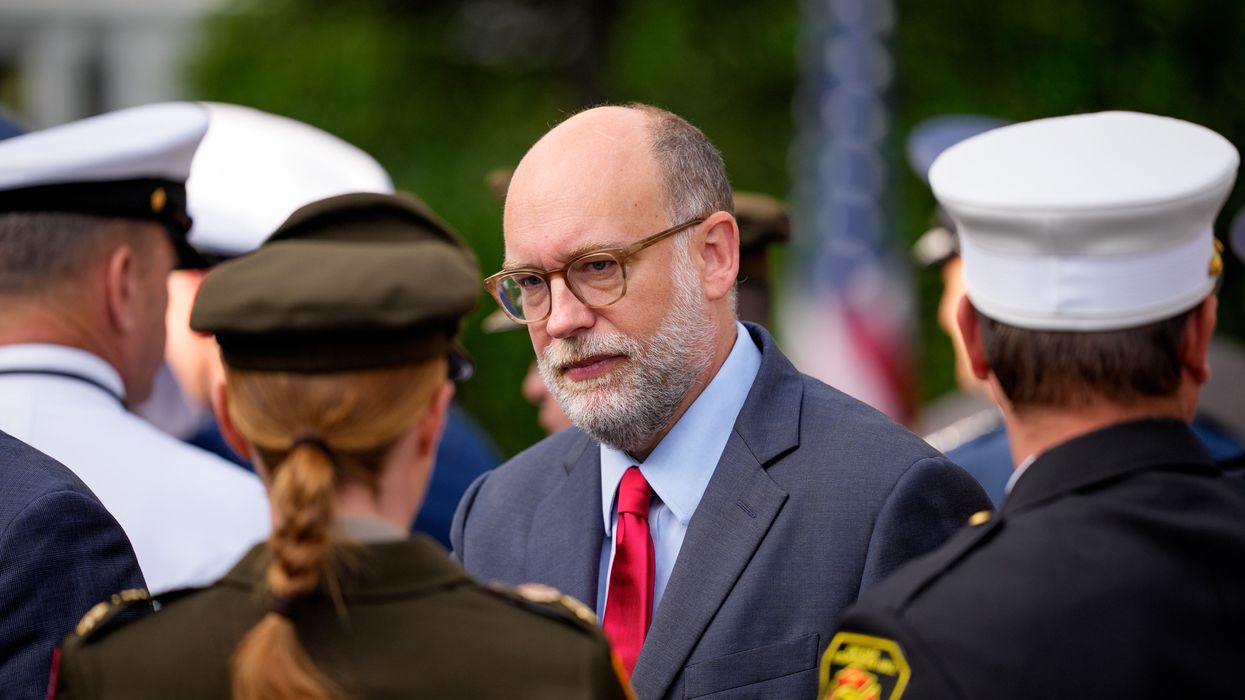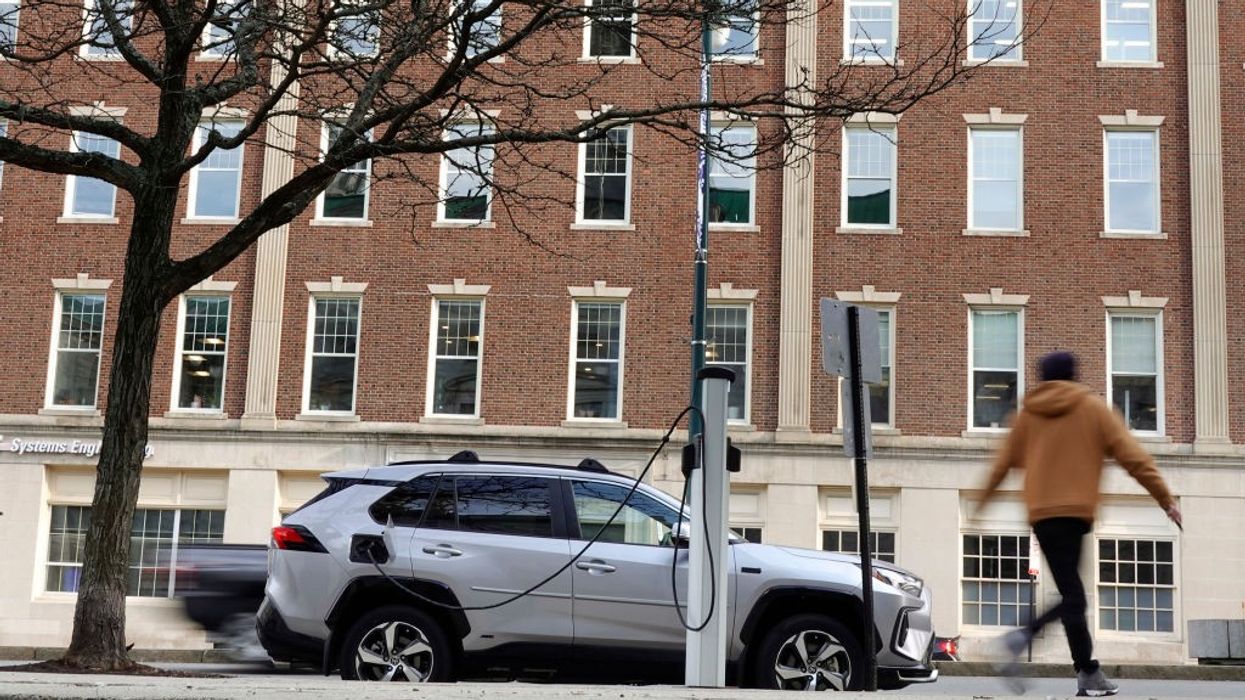Russell Vought Shuts Down Another $11 Billion Worth of Projects in Blue Cities
The administration had already paused more than $28 billion worth of infrastructure funding, virtually all to Democratic congressional districts.
Russell Vought, the director of the White House Office of Management and Budget announced Friday that he would cut another $11 billion from federal projects in blue cities.
"The Democrat shutdown has drained the Army Corps of Engineers' ability to manage billions of dollars in projects," Vought wrote on social media. "The Corps will be immediately pausing over $11 billion in lower-priority projects and considering them for cancellation, including projects in New York, San Francisco, Boston, and Baltimore."
Vought's post did not specify which projects would be halted, stating that more information would be "soon to come" from the Army Corps of Engineers. Many of the Corps' major projects involve infrastructure and water maintenance, as well as environmental restoration and cleanup efforts.
As the government shutdown enters its third week, the Trump administration has plainly stated its goal of using it to punish Democrats and liberal cities. On Tuesday, the New York Times reported that of the more than $28 billion worth of projects frozen during the shutdown, $27.24 billion of it has come from Democratic-leaning congressional districts.
Among those frozen funds are $18 billion for infrastructure projects in New York City, including the Hudson River Tunnel and Second Avenue Subway, and $8 billion slated for climate-related projects exclusively in blue states.
Vought, an architect of the Heritage Foundation's Project 2025 agenda, has also been in charge of President Donald Trump's efforts to use the shutdown to carry out mass layoffs of federal workers. A federal judge halted that effort Wednesday, describing it as "both illegal and in excess of authority and... arbitrary and capricious." Prior to the ruling, Trump had said that those laid off by his administration were "gonna be Democrats.”
This is not the first time the administration has used the Army Corps of Engineers as a political tool. As Aidan Quigley, a reporter for Roll Call, noted on social media, it "has been prioritizing red states over blue states for Army Corps of Engineers projects under the current continuing resolution."
He reported that in the 2025 full-fiscal year stopgap spending law signed in March, "nearly two-thirds of Army Corps of Engineers construction funding is going to red states, a sizable shift from former President Joe Biden’s final budget request and the initial fiscal 2025 House and Senate Energy-Water appropriations bills, which were all closer to an even split."
The report noted that "funding for projects in California, which would have received over $125 million in Biden’s budget request and both chambers’ appropriations bills, has been zeroed out under the new corps work plan."
Brendan Duke, the senior director for federal budget policy at the Center on Budget and Policy Priorities, pointed out that the Trump administration's shutdown plan published last month stated that the Corps' projects would not be affected by the shutdown because 97% of their funding does not come from annual appropriations.
"Why on Earth would any projects need to be paused, much less considered for cancellation?" he asked.


